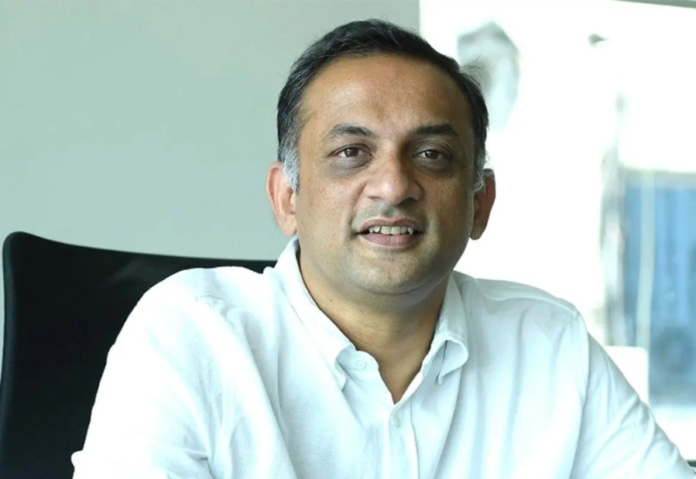Recent attention has focused on Shobu Yarlagadda, the producer of the renowned Baahubali film series, which revolutionized Indian cinema by attracting audiences throughout the world. His WhatsApp account was compromised, which caused issues for everyone on his contact list as well as for him. In a post on X, the Baahubali producer claimed that hackers had compromised his WhatsApp account and used it to trick his acquaintances and enter other accounts.
As the hackers pretended to be him and sent messages to people in his network asking for private information, the situation became more serious. A series of hacks resulted from each compromised account leading to more intrusions.
Yarlagadda claimed that WhatsApp’s security features had made things worse by momentarily preventing him from accessing his account for 12 hours. He said that the hackers had plenty of time to further abuse his account because of the lockout that was caused by several unsuccessful PIN tries. They continued their fraudulent operations throughout this time, focusing on more gullible victims.
Lessons Learned and Shared
Yarlagadda used social media to share his experience and instruct others on how to avoid similar problems after regaining control. He emphasized how crucial it is to activate WhatsApp’s two-factor authentication (2FA) as an extra security precaution to stop unwanted access. Additionally, he cautioned against disclosing verification codes or one-time passwords (OTPs), even if the request seems to be from a reliable source.
Yarlagadda acknowledged that he had unintentionally disclosed information, highlighting how even the most circumspect people could be duped by such strategies if they are taken off guard. Additionally, he attacked WhatsApp’s 12-hour lockout restriction, claiming that it unintentionally helps hackers. In order to strike a balance between user safety and account recovery, he recommended shorter lockouts or other security measures.
“Don’t share any verification/OTP codes, even if the message asking for that is from one of your contacts. (Yes, it was very stupid of me, but we can get entirely caught off guard. I did it unconsciously without thinking!)” he said in the post.
Netizens React
Many people expressed alarm about the security flaws in digital communication systems and shared comparable experiences, demonstrating how widely the issue resonated. Others were advised to notify cybercrime authorities right away about such breaches and get in touch with WhatsApp support to have their access back.
Numerous others emphasized the possible dangers of a compromised WhatsApp account, which go beyond invasions of privacy. A breach might make private chats, images, and videos public, which could result in blackmail or identity theft. Additionally, hackers might use hacked accounts to swindle contacts, which would cost them money.
Because hackers may use a victim’s account to send offensive or false messages, reputations, both personally and professionally, are also at risk. The harm is further increased by the cascading nature of many attacks, in which more accounts are compromised via the victim’s contacts.
Another internet user claimed that one of his friends experienced the same thing, so they emailed WhatsApp support and lodged a complaint with the cybercrime department. “They will log out the other device and allow you to log in. This is what worked for us,” the netizen said.
Also read: Viksit Workforce for a Viksit Bharat
Do Follow: The Mainstream formerly known as CIO News LinkedIn Account | The Mainstream formerly known as CIO News Facebook | The Mainstream formerly known as CIO News Youtube | The Mainstream formerly known as CIO News Twitter
About us:
The Mainstream formerly known as CIO News is the premier platform dedicated to delivering the latest news, updates, and insights from the CIO industry. As a trusted source in the technology and IT sector, we provide a comprehensive resource for executives and professionals seeking to stay informed and ahead of the curve. With a focus on cutting-edge developments and trends, The Mainstream formerly known as CIO News serves as your go-to destination for staying abreast of the rapidly evolving landscape of technology and IT. Founded in June 2020, The Mainstream formerly known as CIO News has rapidly evolved with ambitious growth plans to expand globally, targeting markets in the Middle East & Africa, ASEAN, USA, and the UK






